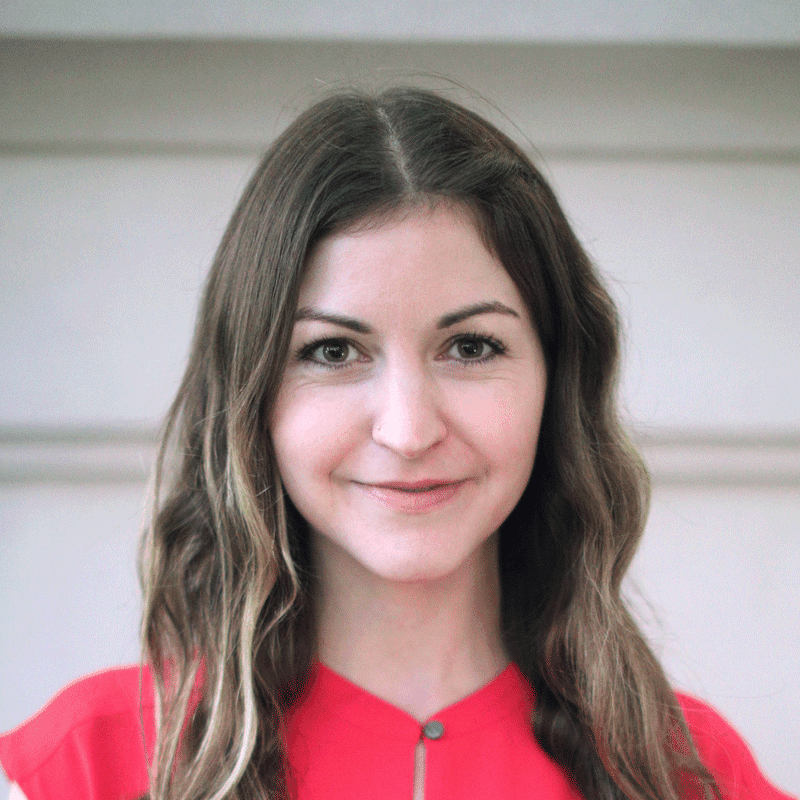
Jessica Cussins Newman
Field: AI Policy
Position & Organization: AI Policy Specialist, Future of Life Institute; and Research Fellow, UC Berkeley Center for Long-Term Cybersecurity
How did you get started in this field? I have been fascinated by the intersection of technology, society, and policy for a long time. As an undergraduate studying anthropology, I became interested in the ways in which emerging technologies were altering “human nature” and society, and I worked for several years afterwards investigating the ethical, legal, and social implications of human genetic and reproductive technologies including CRISPR gene editing, synthetic biology, direct-to-consumer genetic testing, and “three-person babies”. I went to grad school to learn more about the public policy of emerging technologies and had the opportunity to Chair what was then a Harvard Kennedy School student group, The Future Society. We saw the need to bring greater awareness to policymakers about what was happening in artificial intelligence, and organized numerous events related to AI policy. I was lucky enough to find work in the space after graduating, and have spent these past couple years working on the issues I am most passionate about.
What do you like about your work? AI policy is a rapidly changing field, and I genuinely have the opportunity to learn every single day, which I love. The people in this space are also some of the most dedicated professionals I’ve ever had the pleasure of working with. Everyone is doing this because they really believe it matters, and that there is an opportunity to make a meaningful difference to our human future.
Do you have any advice for women who want to enter this field? Don’t be afraid to reach out to people and ask for help, or just for a coffee. And don’t feel bad about following up several times! People are very busy, but in my experience they genuinely want to help others get into the space. Because AI policy is a relatively new field, there are fantastic opportunities to get involved and work on exciting projects. Don’t discount yourself just because you think you don’t have the right background – the field is actively looking for ways to learn from other disciplines.
What makes you hopeful for the future? There has been an amazing surge of recognition over the past couple years that AI technologies are not neutral, but pose profound questions about values, access, risk, and power, which require broad engagement from across sectors and disciplines. Despite the challenge of overcoming and managing these issues, I am hopeful that so many people from diverse backgrounds are motivated to work together to ensure a more safe and beneficial future for all.
